(ThyBlackMan.com) In the aftermath of Donald Sterling, race relations in professional sports have come under their most intense attention in years. Over the past two weeks, this media focus has concentrated on the NFL, as over 50 US Senators signed a petition to demand the renaming of the Washington Redskins. Since then, their voices have been joined by growing ranks of interest groups and religious organizations throughout the country, calling for the National Football League to consider its message to the Native American community.
Unfortunately, amid all of the media attention on Washington, one of the most important stories in NFL race relations has gone almost completely unreported.
If there is one team in the NFL whose position with Native Americans demands immediate recognition by the NFL commissioner and the league at large, it’s not the Washington Redskins–it’s the Green Bay Packers.
Tiny Green Bay, the smallest of any major league franchise, has quietly spent the last three years addressing its connection to the Native American and minority community at large. What began as a controversial outreach program has now become the most effective, innovative initiative in the league; with engagement levels, economic impact and community support that have grown to be the envy of professional sports teams across the nation. Regardless of the short term outcome of the Redskins controversy, unlocking the secret to Green Bay’s success may be the best way forward for the NFL to prove itself committed to long term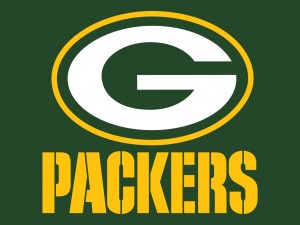 diversity and minority interests.
diversity and minority interests.
With a reputation for having some of the NFL’s most extensive community involvement, Green Bay rejected most mainstream minority outreach programs as inadequate. Stay-in-school presentations, charity events and scholarships were a great start, they decided, but didn’t build the kind of long term community connection that had been the cornerstone of the team’s fanatical local support. Instead, Green Bay President Mark Murphy challenged the organization to develop an institutional program that addressed two key mandates: firstly, it would have to foster long term engagement and support with Green Bay’s minority communities; and second, any program established would have to generate a demonstrable long term economic and social impact in the communities it supported that could be expressed with hard metrics.
Murphy’s solution was the creation of what would come to be known as the Green Bay Mentor-Protege Program. Headed by business analysts and entrepreneurs–not PR spokesmen–the program was as deceptively simple as it was uniquely Wisconsinite.
Headed by Anna Steinfest, the program began by reaching out to minority groups across the state, building a contact network of hundreds of women and minority small business owners. Simultaneously, the initiative reached out to the Green Bay business community, offering established business leaders with an opportunity to connect to minority communities–and the valuable Packers brand name–by mentoring a small business owner of their choice. In combining the two, the Packers built up a win-win relationship that gave minority and women run small businesses access to invaluable leadership training, technological support, networking, and more. The mentors, meanwhile, received extensive media coverage for their involvement, and prominent recognition by the franchise.
All of which would be overseen and supported by a board comprised of some of Wisconsin’s most successful and widely respected entrepreneurs, including Dr. John Hartman, Lori Kieff, and Phil Hauck.
And so, without grand speeches or sweeping fanfare, Murphy, Steinfest and the team began a program that would become one of the most successful minority job creation and community outreach programs in the history of the NFL.
In the three years since its creation, the program has produced numbers that would be a career highlight for government bureaucrats anywhere. Native Americans businesses in the program expanded by revenue by an average of over 100% per year, while their owners have increased staff size by as much as 1000%. In every partnership to date, both Protege and Mentor firms alike have directly expanded their investment into their local communities, celebrating their successes by giving back with training programs, scholarships and minority initiatives.
On a shoestring budget, and without a dime of taxpayer funds, the Packers have done more to strengthen its ties to minority communities and spur concrete economic development than any sports initiative in recent memory.
Whatever side one takes on the Redskin debate, the real measure of the NFL’s commitment to positive race relations will ultimately be the demonstrable positive impact the league makes in the lives of minority communities. While the challenges faced by the league may not be black and white, it’s time for pundits and NFL officials to start looking at Packers for a solution that might just make other professional leagues–and many politicians–Green with envy.
Staff Writer; Andrew Simon
For more thought provoking articles visit; HipHopRepublican.com.
Also connect with them via twitter; http://twitter.com/HHR













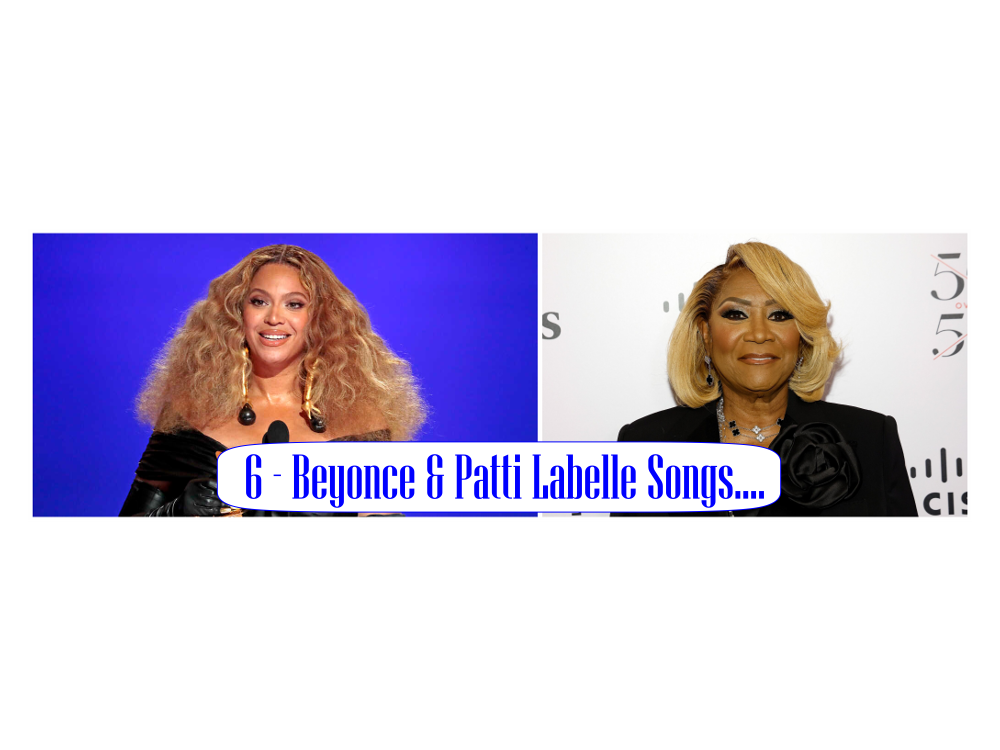
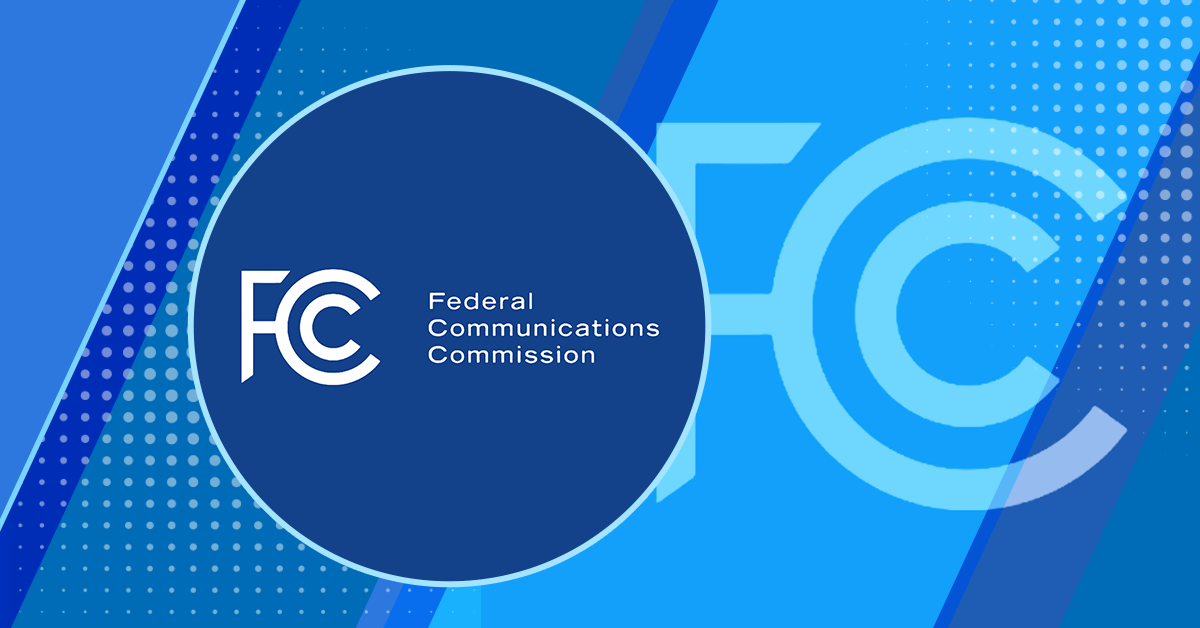
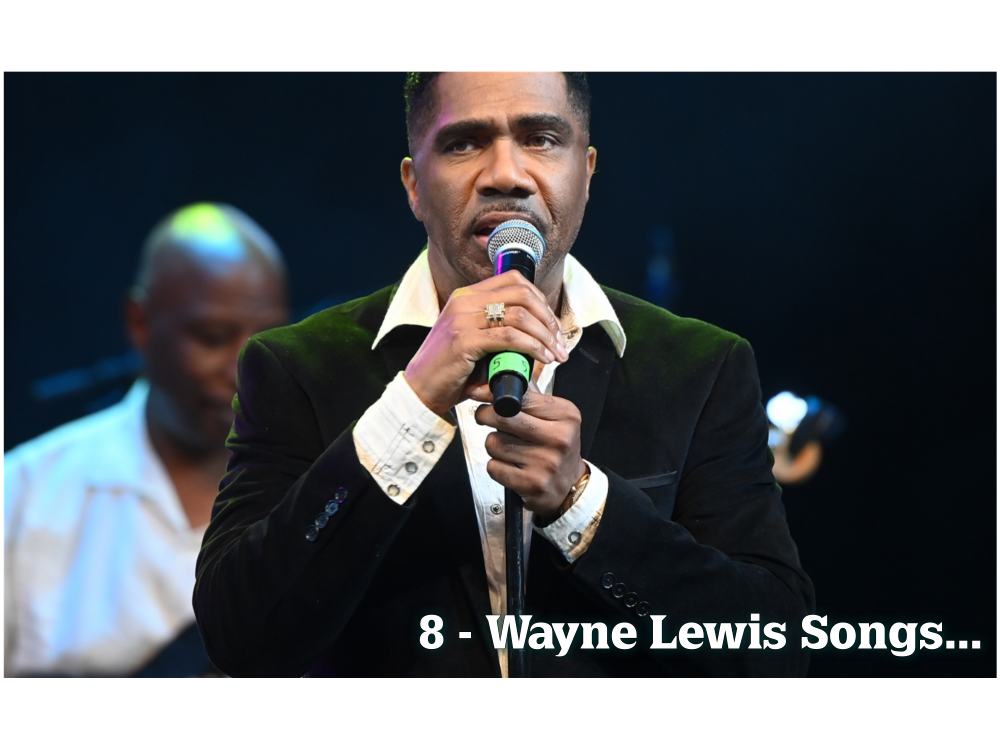
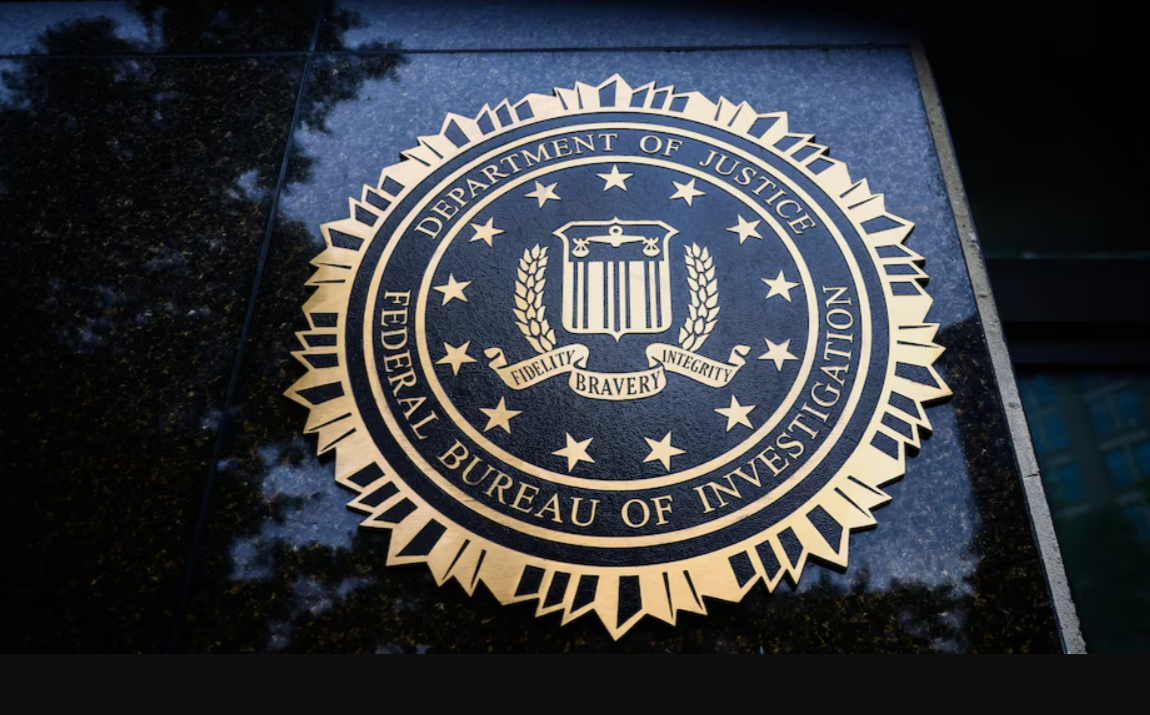
Since facts are fact, the article never said everything was hunky dory for everyone everywhere with the “Packers looking out for them.”
There’s Wisconsin, and then there’s Milwaukee. The unemployment rate for black men in Milwaukee is 53%. That’s because Milwaukee is the fourth most impoverished big city in the United States, following Detroit, Cleveland, and Buffalo, according to the US Census Bureau. Milwaukee’s unemployment rate for black males is second only to Detroit, according to the report.
Green Bay is 100 miles north of Milwaukee. Hispanic/Latino and Native American are the bigger ethnicities there.
Great Article … However the facts are the facts..
If one did not know better, it sounds like blacks were doing well up there in Wisconsin with whites businesses and the Packers looking out for them. But the reality is in December 2010, according to the Bureau of Labor Statistics the black unemployment rate in Wisconsin was a whopping 25%(the highest in the country at that time), even higher than Michigan’s black unemployment rate of 23.9%. It is well know that Detroit has one of the highest rates of unemployment in the country. This number was recorded two years after the Great Recession of 2008 started and approximately one year before it ended officially on October 2009 with the national unemployment rate at 10.1%.
Nevertheless, I do agree with a phrase a very famous Republican used to use a lot when dealing with the Soviets though. That phrase was “Trust but verify.” That Republican was none other than President Reagan. And so it goes…. http://www.Jobcreationnow.com